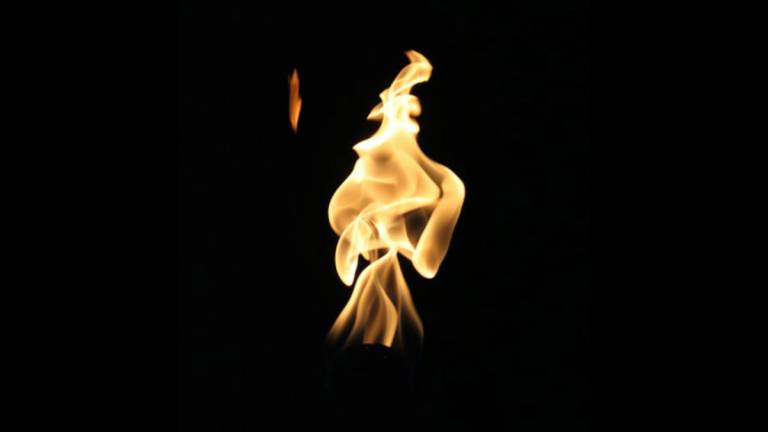Energy & Environment Webinar Series: A 100% renewable UK with a focus on heat, by Prof Mark Barrett
19 October 2021, 1:00 pm–2:00 pm

The UK has a net zero greenhouse gas emission target – how can energy system design contribute to achieving this?
This event is free.
Event Information
Open to
- All | UCL staff | UCL students | UCL alumni
Availability
- Yes
Cost
- Free
Organiser
-
Nelia Jurado Pontes on behalf of UCL Mechanical Engineering's Energy and Environment Research Division. – Mechanical Engineering
About the webinar
The energy system comprises two basic parts – demand and supply. The behaviour of people using demand technologies (buildings, vehicles etc) drives energy demands which vary with hourly social activity patterns and, for space heating and cooling, also vary with the weather. Energy efficiency, such as building insulation, can reduce demands cost-effectively somewhat but there will always remain demands.
The question is: what mix of energy technologies and sources can meet these varying demands whilst having a net zero emission of greenhouse gases, and at the lowest possible cost? Our primary energy options are fossil, renewables and nuclear. Fossil use will always cause emission which, for net zero, has to be balanced though absorbing atmospheric CO2, but the options for this are poorly developed or constrained. Nuclear is problematic because of cost, waste and security. Renewables, with wind and solar are abundant though variable, with sources such as hydro and biomass being limited.
We have a problem of matching hourly variable renewable supplies to varying demands – sometimes there’s a surplus, sometimes a deficit. There are three basic methods for matching:
- store energy from a time of surplus to a time of deficit
- long distance transmission from a place of surplus to a place of deficit, e.g across Europe
- increase renewable capacity such that deficits are reduced.
In general, increasing one of these three options allows a decrease in the others. To explore designs we developed the ESTIMO (Energy Space Time Integrated Optimiser). This model uses data from the UK and Europe to simulate hourly demands and renewables using 35 historic meteorology data. The flows of energy to and from stores and the trade of energy between the UK and Europe were simulated and system costs calculated.
Several system designs were explored with different renewable, storage and trade mixes, and with different heating shares of heat pumps, district heating and hydrogen and simulated with historic and project climate change meteorology.
- Image caption: An orange flame on a black background
- Image credit: Unsplash.
Please note, this webinar is open to everyone, but is aimed at an academic audience. No registration is required.
About the Speaker
Prof Mark Barrett
Prof Mark Barrett has a PhD in Energy Modelling and is Professor of Energy and Environmental System Modelling at the UCL Energy Institute, which he joined in 2006. He has forty-five years experience of modelling energy and transport systems and atmospheric emissions working as a civil servant, consultant, company director and academic.
He has developed models to aid policy development on acid rain, air pollution and human health, greenhouse gas emission, aviation, nuclear power impacts, energy security and nuclear war planning. Energy is a major contributor to these impacts. The models incorporate detailed physical and engineering simulation of energy flows to ensure energy system designs will actually work. Environmental impacts and costs are calculated.
A particular focus of his work is the utilization of energy efficiency to control demand, and renewables to replace fossil energy.
 Close
Close

